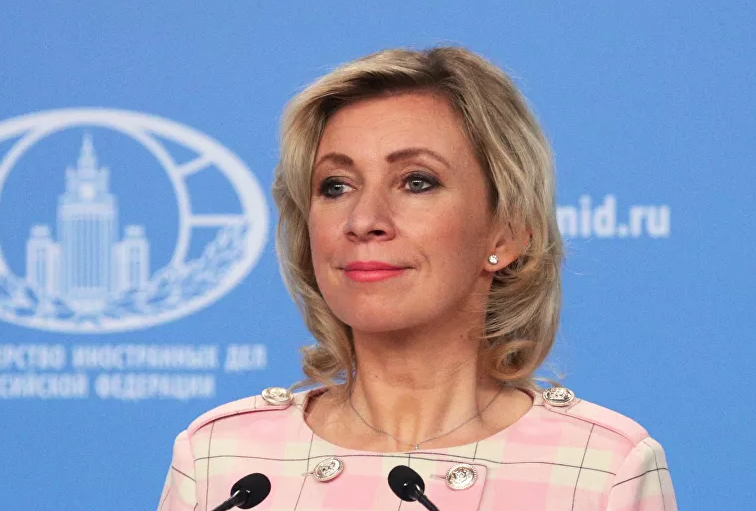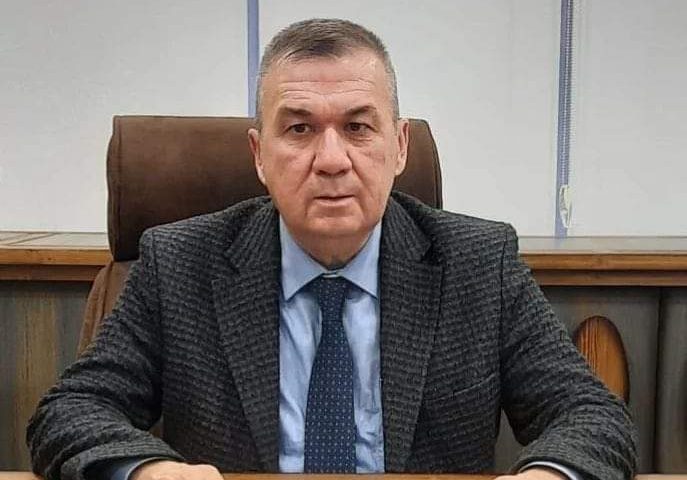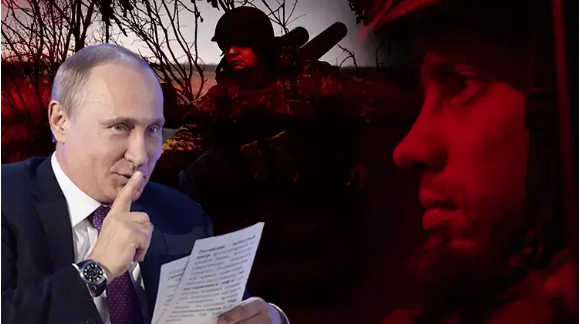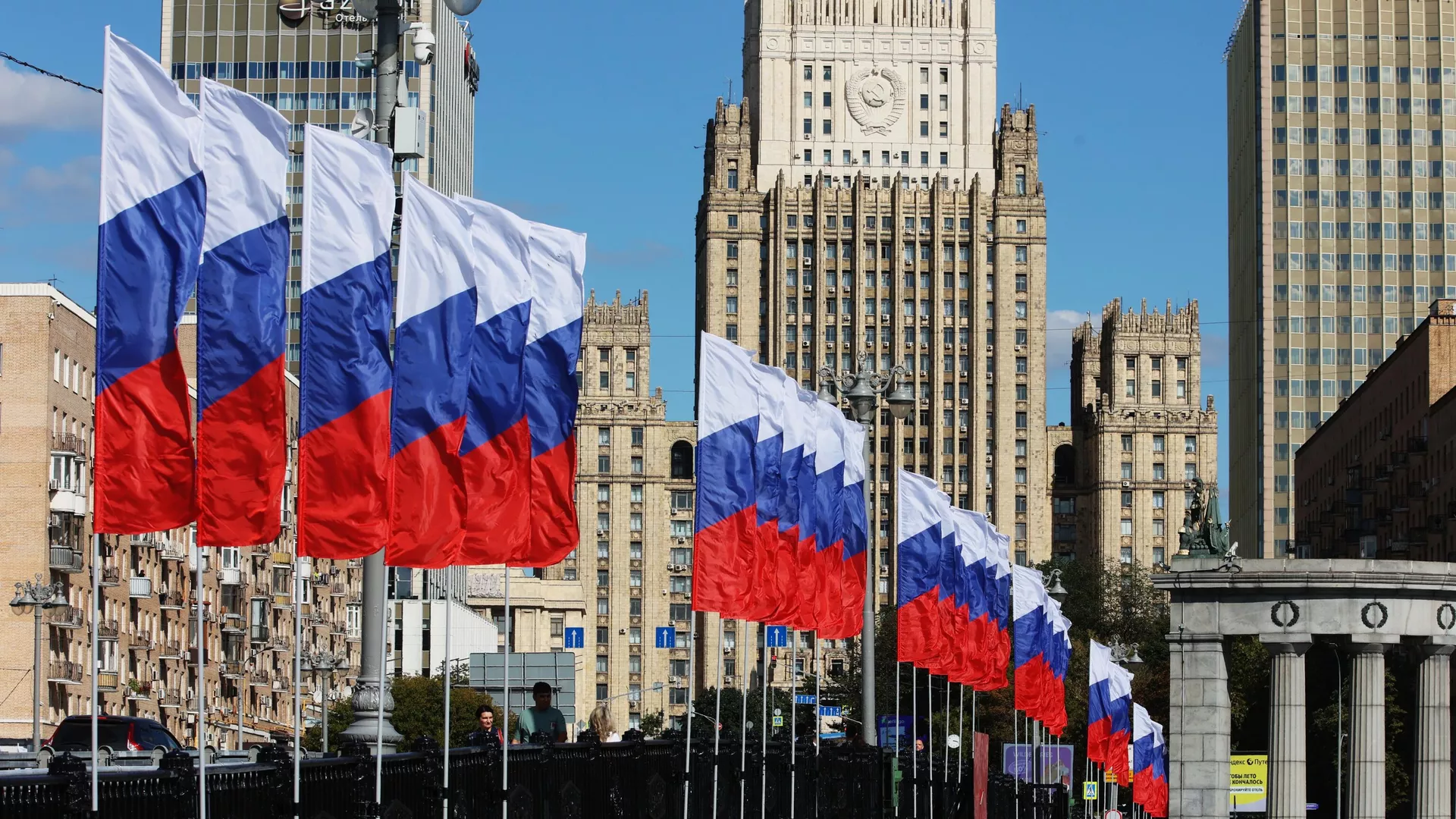In a public session held at the International Court of Justice (ICJ), the judicial body of the United Nations (UN), the decision on the “jurisdiction” and “admissibility” conditions in the “genocide” case brought by Ukraine against Russia was announced.
The Ukrainian side was represented by Ambassador Anton Korinevich and Oksana Zolotaryova, Director General for International Law at the Ministry of Foreign Affairs, while the Russian side was represented by Ambassador Gennady Kuzmin from the Ministry of Foreign Affairs, Konstantin A. Kosorukov, Head of the General Legal Issues Department of the Legal Department of the Ministry of Foreign Affairs, and lawyer Kirill Udovichenko.
The Court rejected 5 of Russia’s 6 appeals and ruled that it had jurisdiction to hear the case brought by Ukraine on the country’s violation of the 1948 UN Genocide Convention.
The ICJ stated that Ukraine’s case met the “admissibility” requirements and that it would examine the merits of the case.
ICJ decision cannot be appealed by the parties
In this case, the Court will not decide whether Russia has committed genocide in Ukraine, but will only examine whether Russia’s accusations of genocide against the Kiev regime constitutes a violation of the UN Genocide Convention.
The Court’s decision is binding and final for Ukraine and Russia and cannot be appealed by either side.
Ukraine’s application
Ukraine filed a case against Russia at the ICJ on February 26, 2022, challenging Russian allegations of “genocide in the Donetsk and Luhansk regions”.
Ukraine argued in the lawsuit that Russia had made unjustified accusations of genocide against Ukraine in its public statements and that this constituted a violation of the 1948 UN Genocide Convention.
Ukraine noted that Russia falsely accused it of genocide and asked the Court to declare that Ukraine did not commit genocide.
Ukraine asked the Court to issue an urgent “injunction” to prevent irreparable harm and prevent violations of rights.
In an injunction dated March 16, 2022, the ICJ demanded that Russia immediately cease the “military operation” it launched on Ukrainian territory on February 24, 2022.
Russia’s objections
Russia demanded that the ICJ dismiss the case as a result of its objections under 6 headings.
First, Russia argued that there was no “conflict” with Ukraine under the Genocide Convention. The Court rejected this objection.
Secondly, Russia argued that the dispute related to exceptions to the prohibition of the use of force under the UN Charter and was therefore outside the Genocide Convention “in its subject matter” and that the case should be dismissed for lack of jurisdiction. The Court accepted Russia’s objection.
Third, Russia argued that Ukraine had expanded its claims after bringing the case, taking it outside the scope of the Genocide Convention, and that the ICJ lacked jurisdiction to rule on all international rules based on the Genocide Convention. The Court rejected this objection.
Fourth, Russia asked for the case to be dismissed, arguing that there was no practical benefit for Ukraine to ask the Court to “find that Ukraine did not commit genocide in the Donetsk and Luhansk regions”. The Court rejected this objection.
Fifth, Russia noted that Ukraine could not ask the Court for a declaration that it had not committed genocide. The Court rejected this objection.
Finally, Russia argued that the case should be dismissed on the grounds that Ukraine had misused and abused the judicial process by bringing a case before the ICJ. The Court rejected this objection.
32 states were involved in the case
Many Western countries had requested intervention in Ukraine’s genocide case against Russia under Article 63 of the ICJ Statute.
In its decision on June 9, 2023, the ICJ accepted the requests of 32 of the 33 countries, excluding the United States, that wanted to intervene in Ukraine’s genocide case against Russia.
Among the states whose requests for intervention were accepted were EU member states, the United Kingdom, Australia, New Zealand and Norway, some of which made oral statements during the hearings on September 18-27, 2023.
Russia’s “genocide allegations”
Russia claimed that genocide was being committed against the people of Donetsk and Luhansk regions of Ukraine, where the population of ethnic Russians is densely populated, and launched a military operation on Ukrainian territory.
Separatists in the Donetsk and Luhansk regions declared so-called administrations, which Russia recognized.
Russian President Vladimir Putin stated that their aim was to “protect the people subjected to genocide by Kiev, to cleanse Ukraine of Nazism and militarism”.





